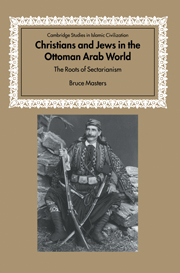The Arabs of the Ottoman Empire, 1516–1918
The Ottomans ruled much of the Arab World for four centuries. Bruce Masters's work surveys this period, emphasizing the cultural and social changes that occurred against the backdrop of the political realities that Arabs experienced as subjects of the Ottoman sultans. The persistence of Ottoman rule over a vast area for several centuries required that some Arabs collaborate in the imperial enterprise. Masters highlights the role of two social classes that made the empire successful: the Sunni Muslim religious scholars, the ulama, and the urban notables, the acyan. Both groups identified with the Ottoman sultanate and were its firmest backers, although for different reasons. The ulama legitimated the Ottoman state as a righteous Muslim sultanate, while the acyan emerged as the dominant political and economic class in most Arab cities due to their connections to the regime. Together, the two helped to maintain the empire.
- A comprehensive survey of the Arabs in the Ottoman Empire covering the four centuries during which they were its subjects
- Challenges the notion that the Arabs languished under Ottoman rule by demonstrating how they participated in its maintenance
- Deals with the often-ignored cultural and social history of the period
Reviews & endorsements
"… an excellent analysis of the Arabs in the Ottoman Empire … Masters demonstrates a tremendous depth and breadth of knowledge in this field and, as a result, this text is an excellent addition to scholarship."
David Mason, Middle East Media and Book Reviews (membr.uwm.edu)
Product details
April 2013Paperback
9781107619036
276 pages
228 × 152 × 15 mm
0.38kg
Available
Table of Contents
- 1. The establishment and survival of Ottoman rule in the Arab lands, 1516–1798
- 2. Institutions of Ottoman rule
- 3. Economy and society in the early modern era
- 4. A world of scholars and saints: intellectual life in the Ottoman Arab lands
- 5. The empire at war: Napoleon, the Wahhabis, and Mehmed Ali
- 6. The Tanzimat and the time of re-Ottomanization
- 7. The end of the relationship.

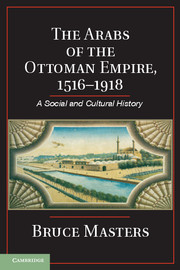
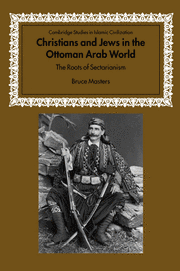
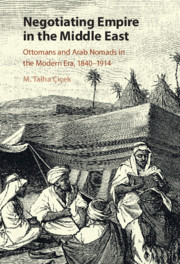
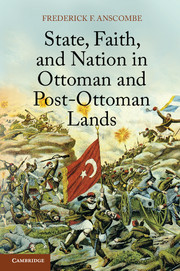

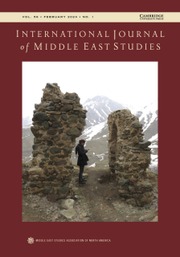


.jpg)

